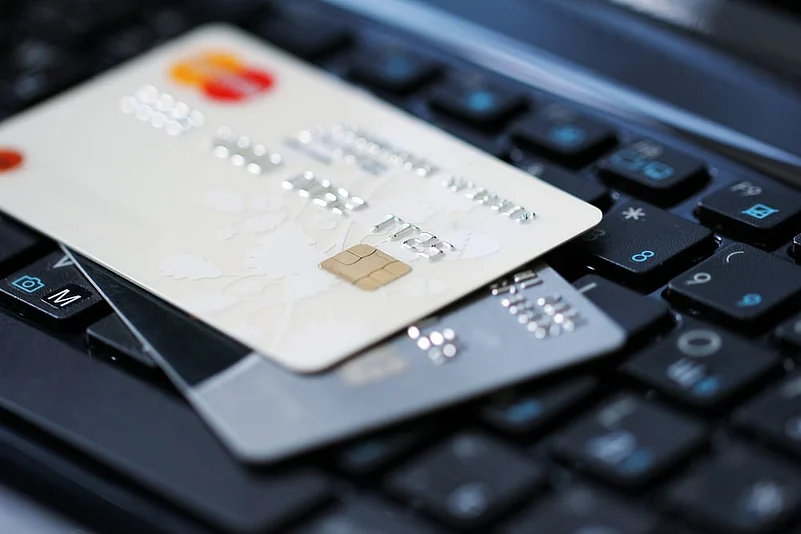Avoid Credit Card Fraud: Recently, the details of thousands of credit card holders of ICICI Bank were breached. The discussion has once again started regarding the dangers of credit cards. The bank blocked all the cards after it came to light that details of 17,000 credit cards were linked to the wrong users. While credit cards can be a convenient way to spend your hard-earned money, they can also be a convenient way for hackers to steal that money. Credit card numbers can be stolen without your knowledge. Unless you find fraud on your monthly statement, you may not know that your information has been stolen. Therefore, if you are a credit card holder, you need to be alert.
Increase in cases of cyber fraud
As the digital world is expanding, the facilities of the people are also increasing. However, the risks are also increasing. There is also a danger of credit card data leaks. Your credit card information can go into other hands due to a slight mistake of yours or your bank. In such a situation, you should be alert in advance about these dangers. Even if this happens, instead of panicking or taking tension, you should take some necessary measures so that you can avoid loss.
How data theft happen?
Lost or stolen credit card
Card skimmer
Data leak
Phishing email or call
Public Wi-Fi network
How to Avoid Credit Card Data Leak?
Beware of phishing e-mails or calls that pose as legitimate companies to obtain your personal information. Use caution when receiving unsolicited emails or text messages and avoid clicking on any embedded links. Instead, verify by directly visiting the official website of the concerned company.
Check account activities regularly online or through e-mail. By keeping an eye on your account's activities, you will be able to spot fraud as soon as it occurs.
Do not give personal information in response to any email or incoming call. If someone calls you and asks for personal information like a credit card number, assume it is a fraud call.
Check credit reports at least once a year to confirm credit activity. All three major credit bureaus allow one free credit check a year.
Buy items online only from popular and safe websites. Always look for a lock icon in the address bar of your web browser before entering personal information into a website. Stay away from unfamiliar e-commerce websites and be wary of websites that ask for additional personal information when making a purchase.
Do not store credit card information on online retail sites. Some retail sites may advise you to store card information for faster checkout. This can cause problems in the future, especially when company data is leaked.
Keep such credit cards which are not used regularly at home. If the credit card is used only during special occasions, keep the card at home when not in use to prevent theft.
What to do if credit card information is stolen?
In case of credit card data theft, you should immediately inform the card issuing bank. Report any fraudulent or unauthorized transactions on your card to the card issuer immediately.
As a rule, you are generally not held liable for unauthorized transactions once you report them. Most card issuers offer zero fraud liability if reported within the stipulated time.
If your credit card information is compromised, there is also a possibility of identity theft. In such an environment, consider freezing your credit to prevent further unauthorized activity until you can assess the extent of the breach.









